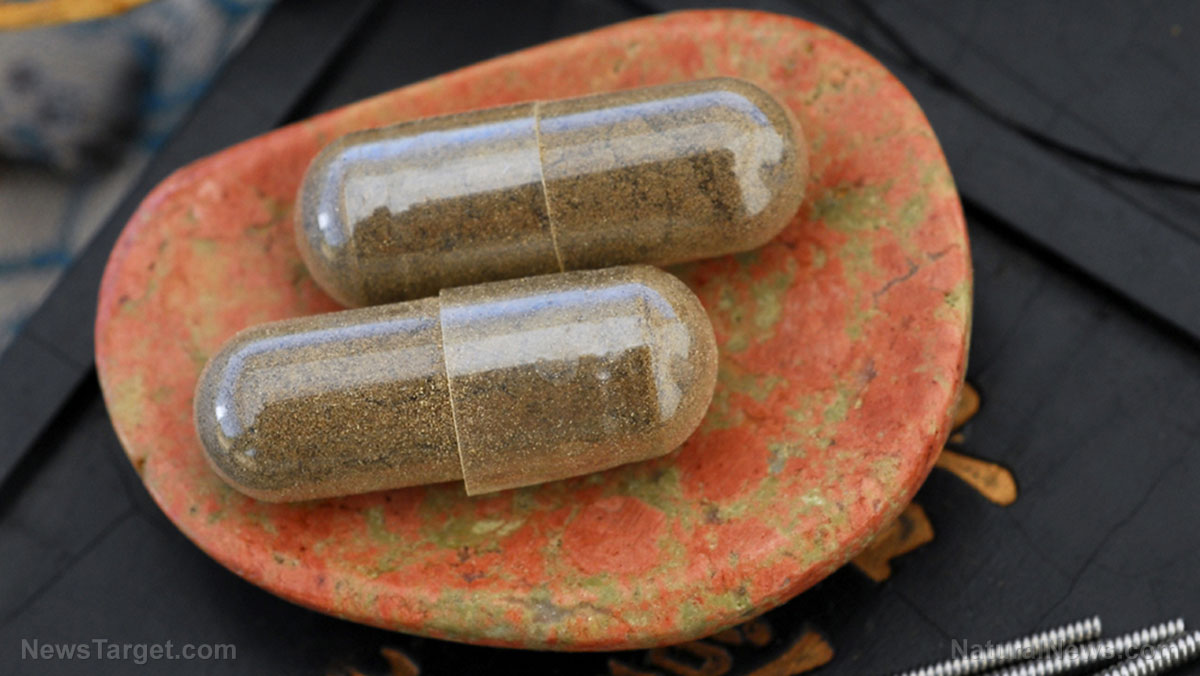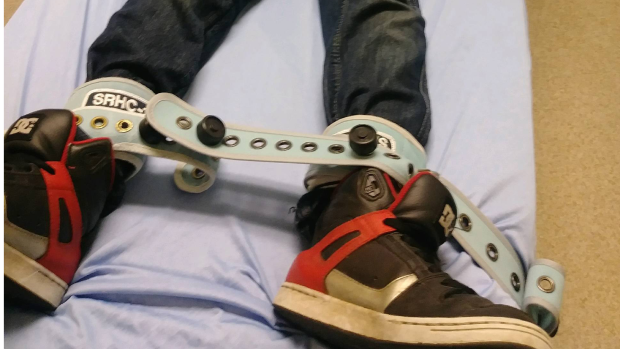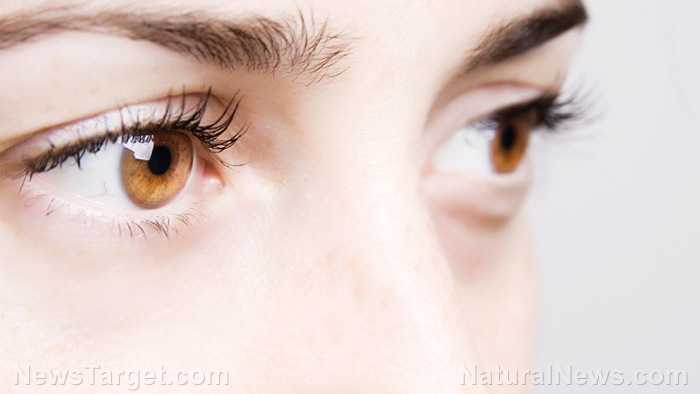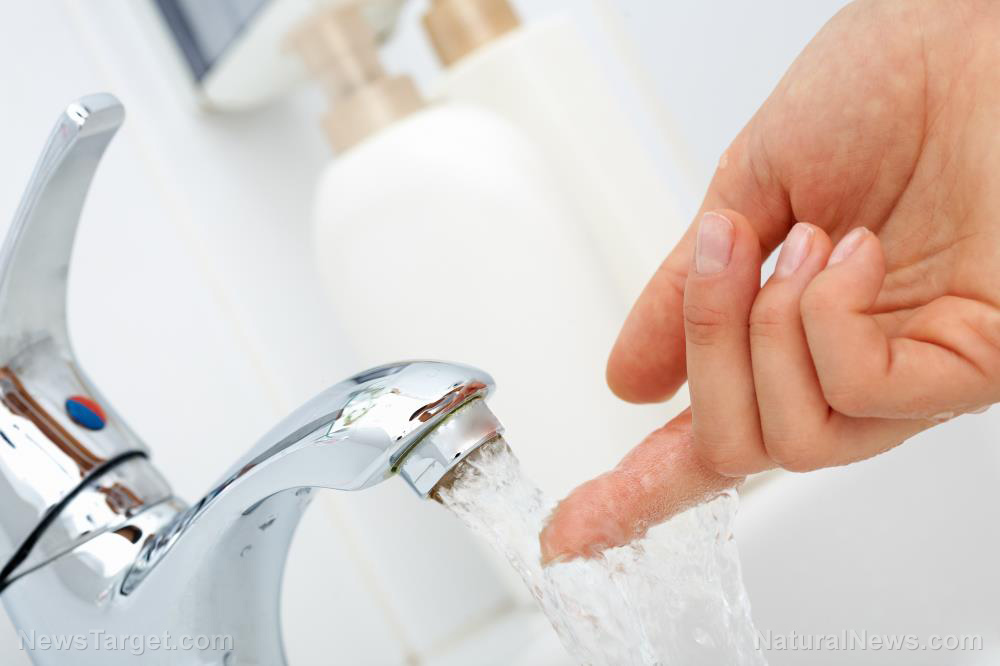Dentists may soon be able to repair and rebuild teeth rather than drilling and filling
07/21/2019 / By Stephanie Diaz

Many people dread going to the dentist. Even if it’s just a short visit for filling dental cavities, the idea of someone drilling into your teeth and hearing that grating sound can be the stuff of nightmares. Researchers may have found a way to treat cavities without the need for drilling – instead using the understanding of how natural tooth-forming proteins work to fight cavities.
Treating cavities with proteins
In a 2015 study published in the Journal of Dental Research, it was found that as many as 2.4 billion people in the world have cavities. The World Health Organization (WHO) reports that cavities are the most widespread non-communicable disease, which can severely affect the quality of life.
People who have cavities may find it difficult to eat and sleep. If it reaches an advanced stage (abscess), it may even cause a chronic systemic infection.
Cavities can be a serious problem, and the researchers at the University of Washington School of Dentistry looked to the mechanisms behind natural tooth-forming proteins for a possible source of treatment. Their findings led them to a new alternative method that repairs damaged tooth enamel without using a drill.
Researchers studied amelogenin – the protein required to form crown enamel – and came up with amelogenin-derived peptides. Peptides are fundamental components of cells that carry out certain functions, such as potentially repairing tooth enamel.
The newly devised peptides will be used as the active ingredient in the new treatment proposed by the study. “Remineralization guided by peptides is a healthy alternative to current dental health care,” said lead author Mehmet Sarikaya, professor of materials science and engineering and adjunct professor in the Department of Chemical Engineering and Department of Oral Health Sciences at the UW.
 | Discover how to prevent and reverse heart disease (and other cardio related events) with this free ebook: Written by popular Natural News writer Vicki Batt, this book includes everything you need to know about preventing heart disease, reversing hypertension, and nurturing your cardiac health without medication. Learn More. |
“Peptide-enabled formulations will be simple and would be implemented in over-the-counter or clinical products,” said Sarikaya.
The peptides have been tested in the lab and were “proven to bind onto tooth surfaces and recruit calcium and phosphate ions,” according to Deniz Yucesoy, co-author and a doctoral student at the UW.
While still currently in development, the new peptide-based treatment is expected to come in the form of biomimetic toothpaste, gels, solutions, and composites. This will allow the treatment of cavities without the currently practiced dental procedures. (Related: Fight cavities and gingivitis naturally with homemade DIY Oral health.)
Prevention is the best cure
It’s possible to prevent cavities altogether, so that you can avoid needing treatments in the first place. Brushing and flossing daily are essential, but to take that a step further, here are some tips to keep cavities at bay:
- Identify your cavity risk level: The key is prevention, and knowing your cavity risk level as early as possible is one of the best ways to prevent cavities. To determine your cavity risk level, visit your dentist and ask for a comprehensive dental exam. In this way, you can be informed about the possible treatments that you might need to improve your oral health.
- Brush your teeth regularly: Brushing teeth is the most effective way to prevent cavities since it gets rid of bacteria and plaque. An overgrowth of bacteria in the mouth can produce acid, which can damage the enamel of the teeth. It is paramount to brush your teeth after meals and before going to bed.
- Decrease consumption of sugary and acidic drinks: Drinking beverages that contain high amounts of acid and sugar increases the risk of cavity. If you really want to enjoy your morning coffee, try finish it in 20 minutes or less. Then, rinse your mouth with water to remove excess sugar and acid.
Being proactive in taking care of your oral health reduces your risk of many dental-related problems. Learn more at HolisticDentistry.news.
Sources include:
Tagged Under: amelogenin, breakthrough, cavities, dental health, dentistry, dentists, dentristry, disease treatments, drilling, enamel, fight cavities, filling, inventions, medical science, oral care, oral health, peptides, protein, remineralization, research, teeth


















